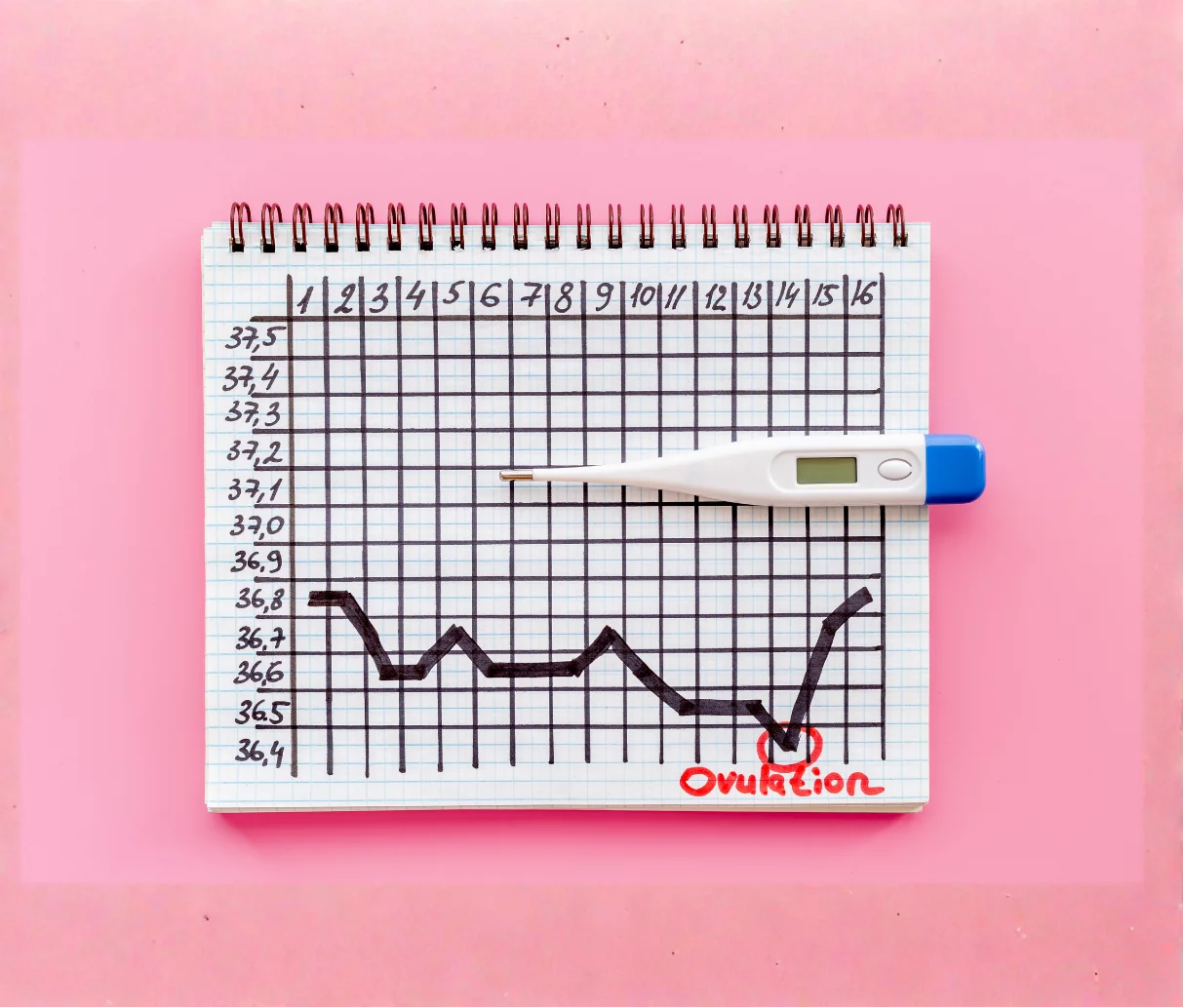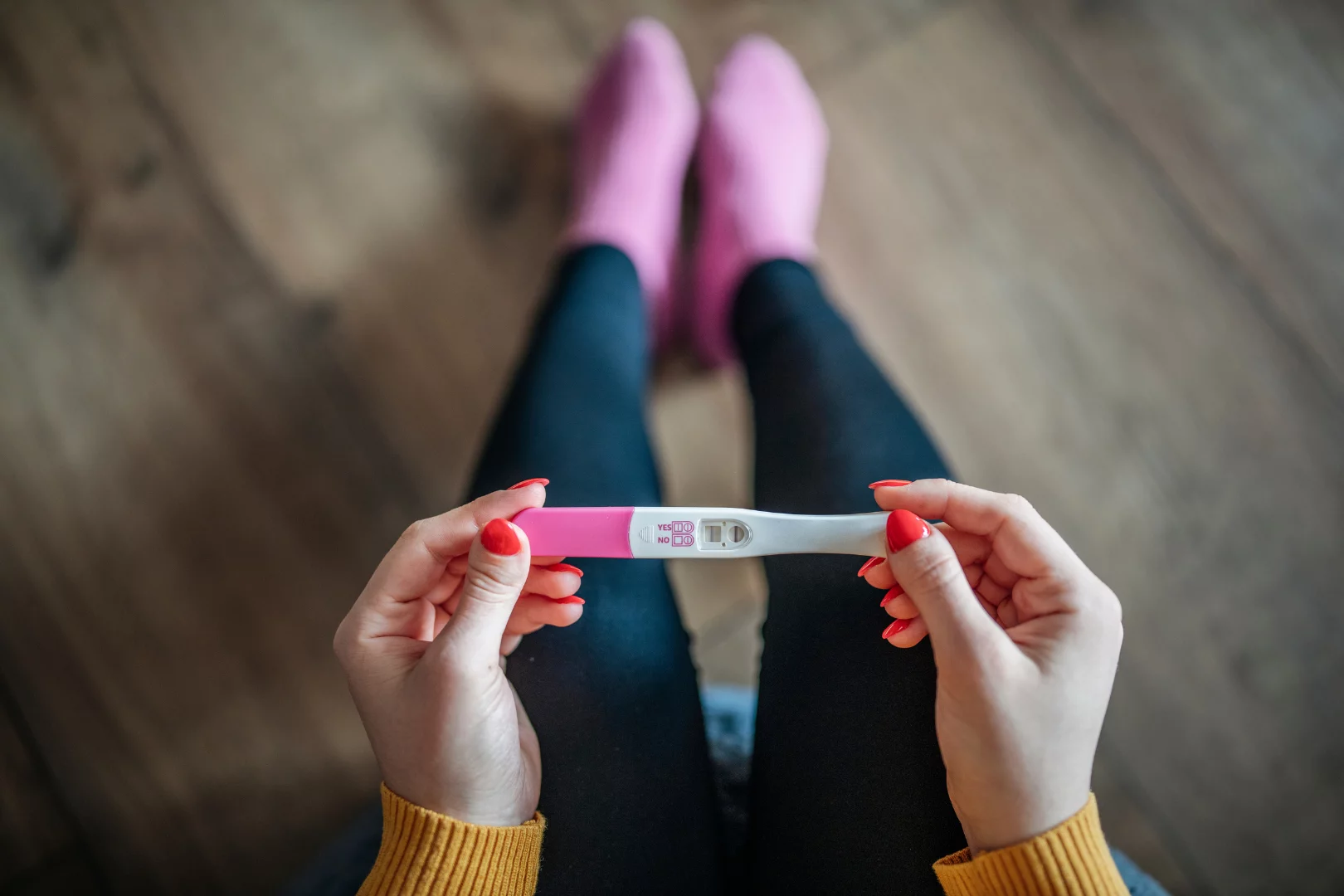Do you know what the epigenetic effect is?
10.2.2025 · 2 min reading
For many couples, using donated oocytes (female reproductive cells - eggs) is the only hope for having a child of their own. Patients often go through a long and challenging journey before deciding to choose donated cells from an anonymous donor for their family. Typically, these couples have already undergone treatment with their own cells, which may have failed once or multiple times—biochemical pregnancies, miscarriages, failed implantations, no embryo transfer, countless exams, and surgical procedures. The option of using donated eggs typically comes after couples have faced exhausting experiences that haven't led to their desired outcome.
Even though it’s often clear that infertility treatment with donated cells is the only hope for patients to have a baby, coming to terms with this option can be difficult. Accepting this hope is not an easy decision, especially when the hardest part is knowing that their child won’t carry their genetic material. However, scientific advances have made this process easier! The recent discovery of the epigenetic effect provides new possibilities and can bring reassurance to many couples. What exactly does this effect mean? You can find out in our article.
Will my child look like me? Will it have my DNA?
These are common questions couples ask themselves before opting for the donation program. You’ve probably heard of ‘genetics,’ which refers to the unique information stored in our DNA (made up of genes) that determines certain characteristics passed from parents to offspring. However, your health and physical traits are not just influenced by your genes—your behavior and environment also play an important role. Our environment can influence how our genes work, starting from the moment we are conceived. During pregnancy, the mother and the developing embryo exchange information through epigenetics. The mother can influence how the embryo uses its genetic material, affecting how the child develops into adulthood. This early influence can have a lasting impact on a child’s development, and the mother plays a significant role in shaping it. The environment influences the building blocks that shape our physical appearance and health and ultimately affects our growth and development. Research shows that the quality of an embryo’s life in the womb has a lasting effect on the child’s wellbeing, making the mother’s womb the first and most important environment.
Imagine that your future child is like a house you wish to build. The donor will provide the bricks to build it, but you ultimately decide the final appearance, shape, and size of the house with how you place those bricks.
Do children conceived from a donated egg have any common traits with the woman who carries and gives birth to them?
Do children conceived from a donated egg have any common traits with the woman who carries and gives birth to them?
Even if donor eggs are used for IVF/ICSI treatment, your baby may have some of your traits. Factors like stress, diet, and behavior can influence how your child’s genes are expressed. Your child may have more of you than you think! This can be really reassuring news for those using donor eggs. While the genes of the baby will come from the donor and cannot be changed, how those genes are used (or ‘expressed’) depends on the woman carrying the child. This is known as the ‘epigenetic effect.’ So, even when the eggs come from a donor, the embryo can still communicate with the mother on a genetic level. Pregnancy is an incredible journey, and it’s no different for those conceiving a child through egg donation.
Even with donor eggs or donor embryos, you play a vital role in your baby’s development.
The physical and emotional bond between a mother and her child is incredibly strong and grows stronger during birth, breastfeeding, and care, continuing throughout the child’s development into adulthood. Most importantly, DNA isn’t what makes a family. We understand that you may have concerns about egg donation, and we are here to provide the best possible support.
For more details about treatment with donated cells, please visit our website.









